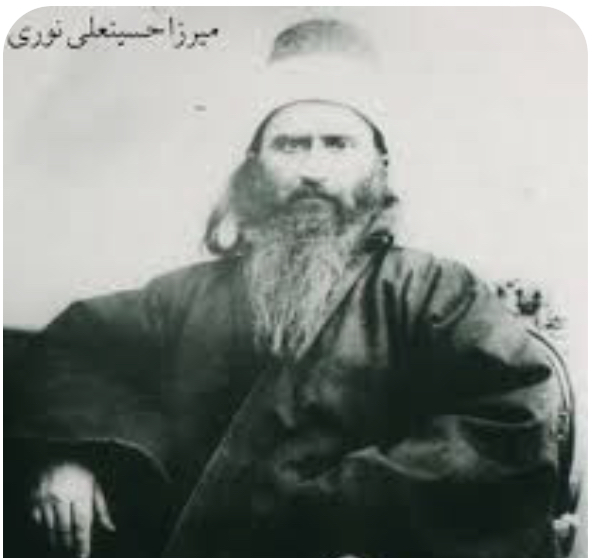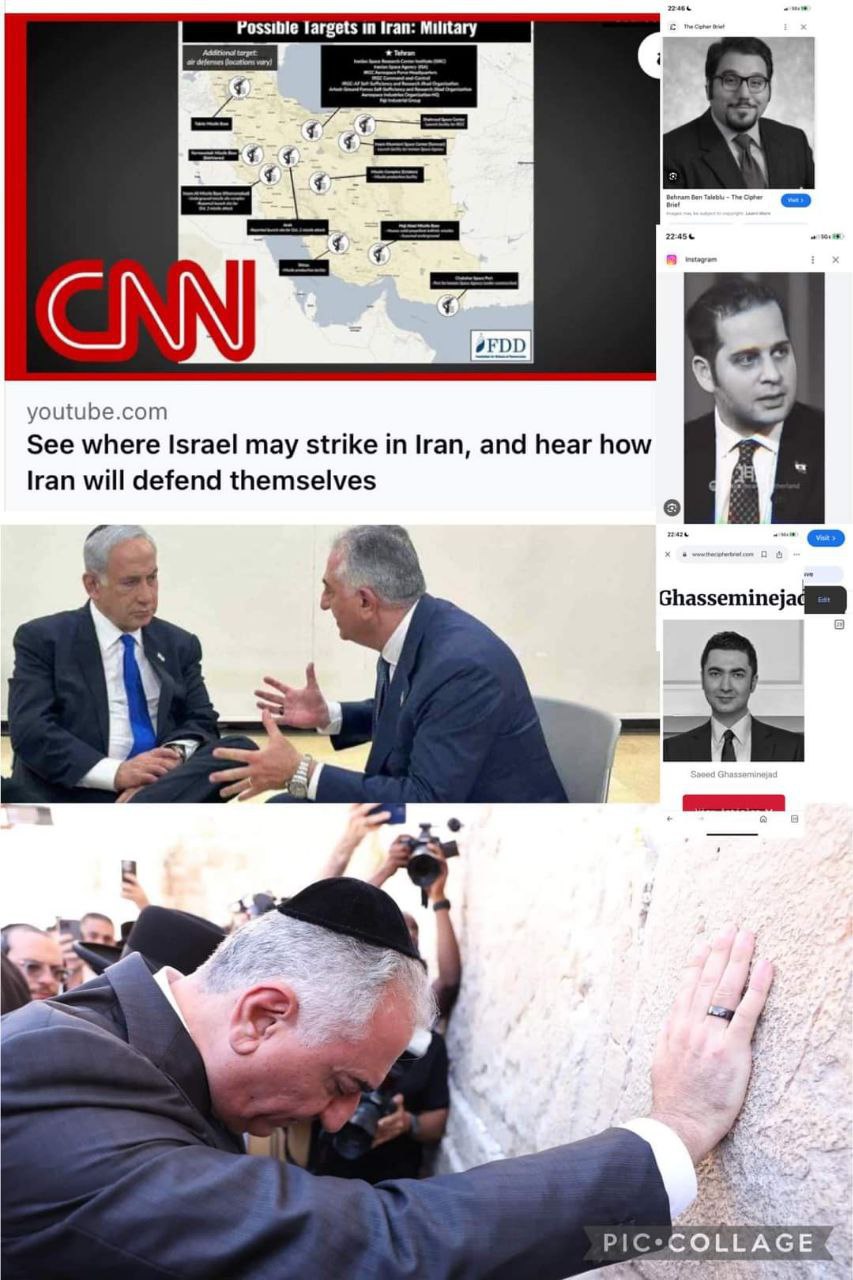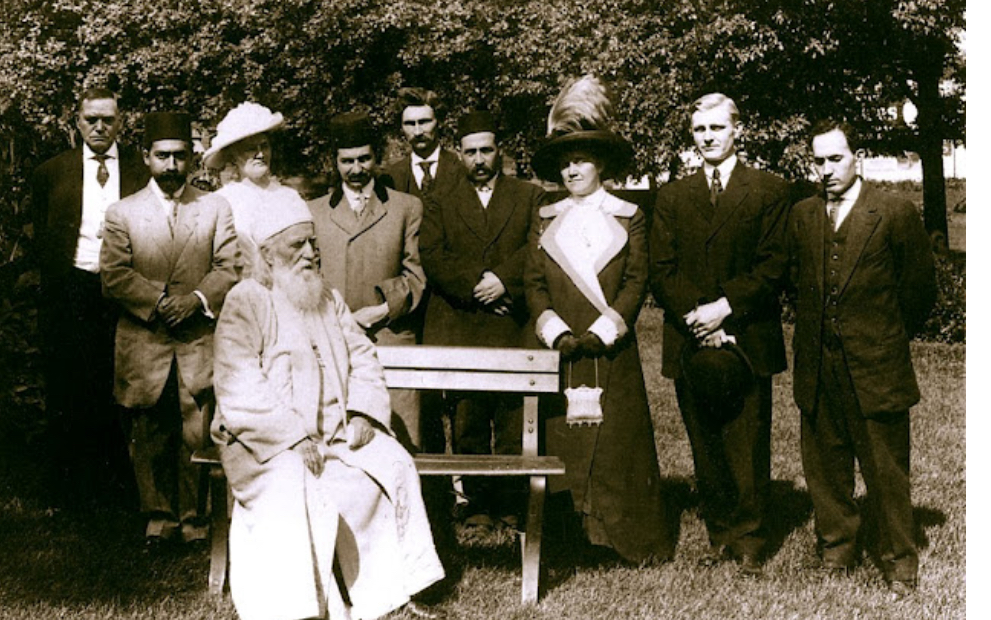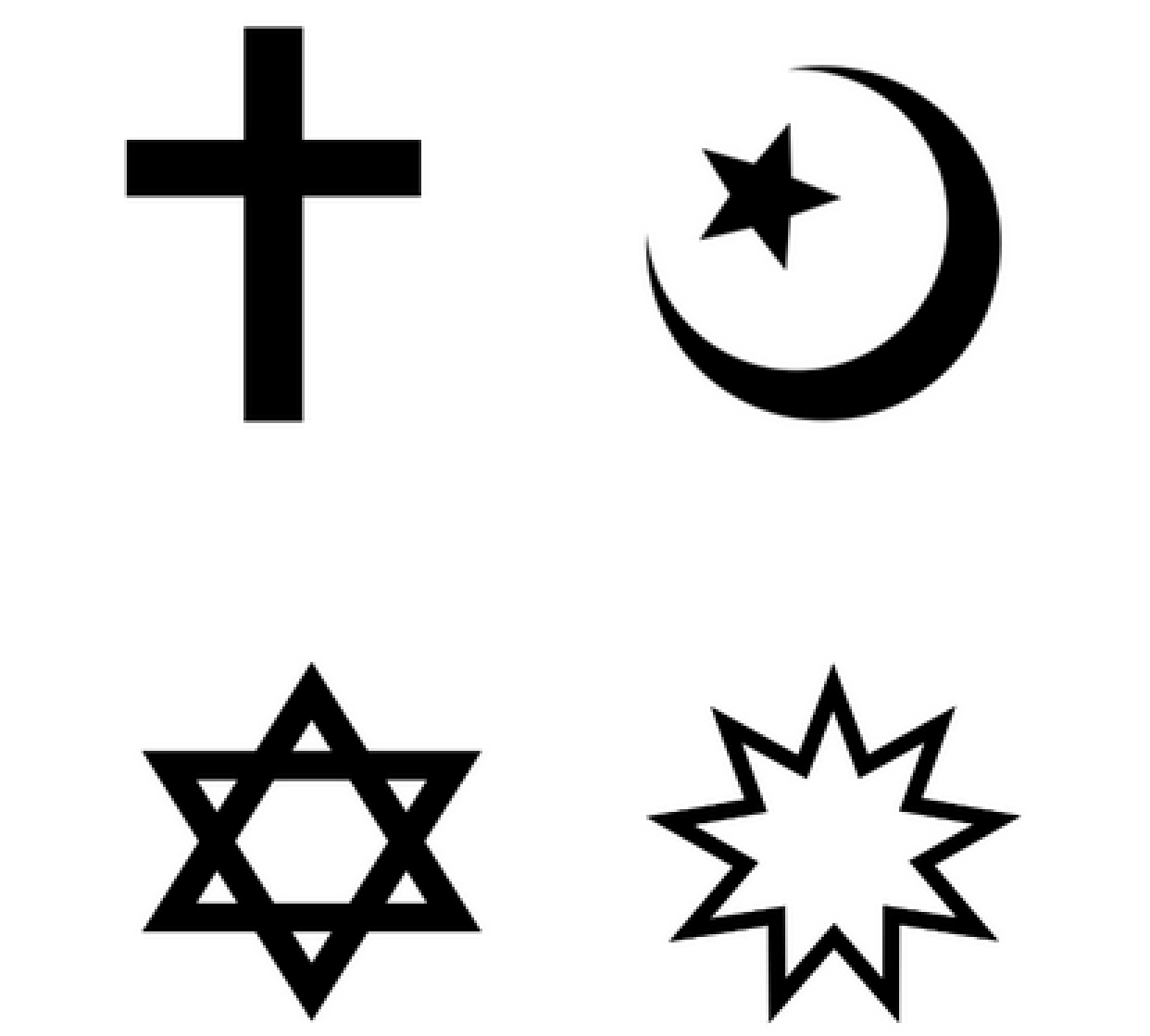Baha’i theorist Irfan Sabeti called Shia jurisprudence violence and likened the Islamic Republic’s version of Islam to violence and Shia jurisprudence to a swamp and mud because of its connection with power. By examining the history, beliefs and laws of Baha’i, we find out that these sects are violent, brutal and criminal and seek to establish their own totalitarian government in the world.
In April 1403, the speaker and theoretician of the Baha’i sect, Irfan Thabiti, insulted Islam, scholars, rulings and the Islamic Republic by participating in the International Talk Program. With complete impudence, he interpreted the jurisprudence and tyad of Shiite scholars as a tool of murder and violence and called the Islamic Republic of Islam a violent foundation, looter and stoner, but with modern technology.
Sabeti called the Islamic Republic’s version of the Islamic religion violent and compared Shia jurisprudence to a swamp and mud because of its connection with power. He said: All this jurisprudence toolbox should be kicked and all jurisprudence and clerical apparatus should be removed at once.[1]
However, in response to the insult of this apparent mercenary of the Baha’i organization, we must say to the thought and rules of Islam and the Islamic Republic:
First: The insult and audacity of the famous preacher is familiar to Shia scholars and jurisprudents, who, according to the Baha’i texts, Baha’is are obliged to honor Shia scholars and elders. As we read in their books: “According to the command of the founder, Baha’u’llah, this community (Bahá’ís) does not speak ill of anyone, even of their own enemies.” Cursing and cursing are absolutely forbidden, and what about (cursing) the great Shiites, whose greatness and greatness, there is no doubt… And they have especially insulted and humiliated the Shia, (3) so it is clear that the slogans and propaganda of Baha’t about kindness, friendship and love to the enemies, etc., are empty and empty.
Second: Irfan Sabi, before that, interprets the ijtihad of Shia science as a toolbox of murder and violence, and calls Islamic Islam as the foundation of violence. With a quick look at the history of Baha’i, we find out that the prophet of this sect was one of the leaders of the terrorist movement of Babis. The trend that started three bloody wars in Iran. According to Abdu’l-Bahá’s confession, the Babit movement had no logic other than genocide of opponents, burning of books and destruction of buildings.[4] What is the answer to the incident of Badasht Shiraz and the killing of a family of 5 oppressed women and children??? What is the answer to the execution of martyr Tayyab? And this is Qas Ali.
The Baha’i pleasure mercenary calls the rules of Islam and Shia jurisprudence harsh, which the Baha’i rules are violent, cruel, and incommensurate with the crime. As in Baha’i, a person is sentenced to be burned alive for burning a house (5). Or, in the medieval style, it is ordered to burn the foreheads of thieves. (6) Wasn’t this the Prophet of Baha’i who clearly defined the purpose of his mission in the fight against the enemies of Baha’i: “Allah’s falsehood is light for the monotheists and dark for the polytheists. God has made him (Bahá’u’lláh) a light for the monotheists (Bahá’ís) and a fire for the polytheists (Bahá’í deniers)”. (7)
Irfan Sabeti called the main problem of Islam the proposition of government and power in it; While the Baha’i leaders have announced their ultimate goal of establishing a government all over the world. (8) The end of Islam wants the power to create moral virtues (9) in the human society and Baha’i wants the power to dominate the Satan and Zionism and the usurper of life!!!!! and show the human and the devil on the dominant.
Footnote:
[1]. Irfan Tabeti’s interview with International.
[2]. Abdul Hossein Aiti, Kawakb al-Diriyah, electronic version, vol. 1, p. 498.
[3]. See: Eshraq Khavari, Maedeh Asmani, Bija: Amri National Institute of Press, 129 Badie, vol. 5, p. 194.
[4]. See: Abbas Effendi, Makatib, electronic version, vol. 2, p. 266.
[5]. Reference: Hossein Ali Nouri, Aqdas, electronic version, p. 56, paragraph: 62.
[6]. Ibid., p. 43, paragraph 45.
[7]. Hossein Ali Nouri, the works of great pen, electronic version, vol. 2, p. 89.
[8]. Reference: Shoghi Effendi, Toqiyat Mubarake addressed to the friends of the East, Germany: National Board of Amri Publications, 1992, pp. 501-503.
9- The hadith of the Holy Prophet (PBUH) “Indeed, I sent you to perfect my moral actions. (Hakimi and others, Al-Hiya, translated by Ahmad Aram, 2013, vol. 6, p. 675)
source
A comprehensive database of differences, religions and religions







